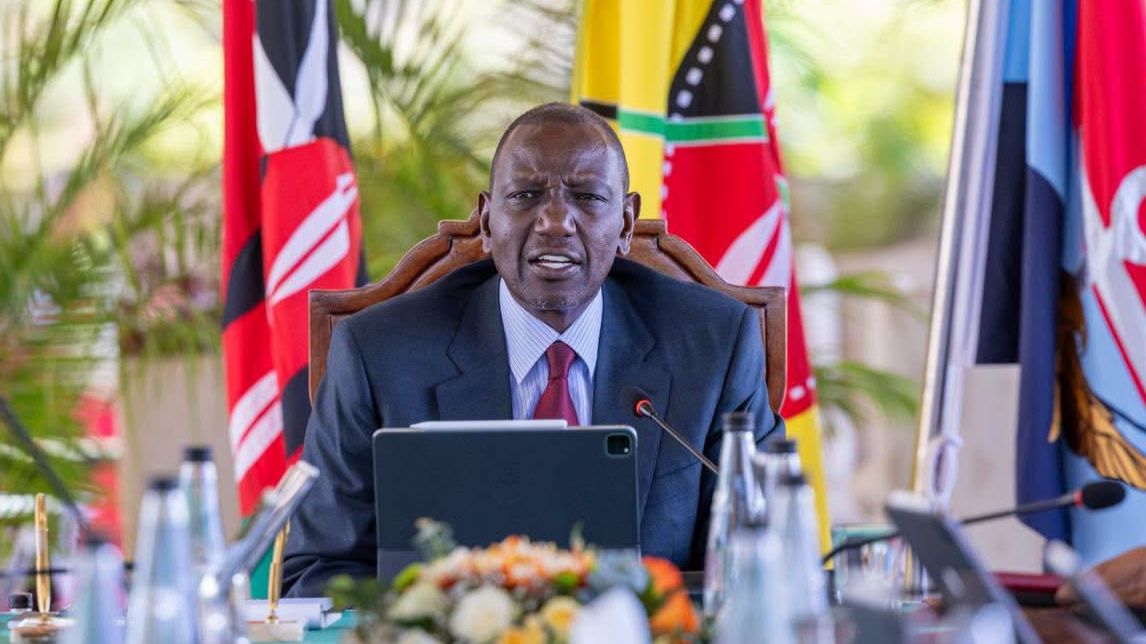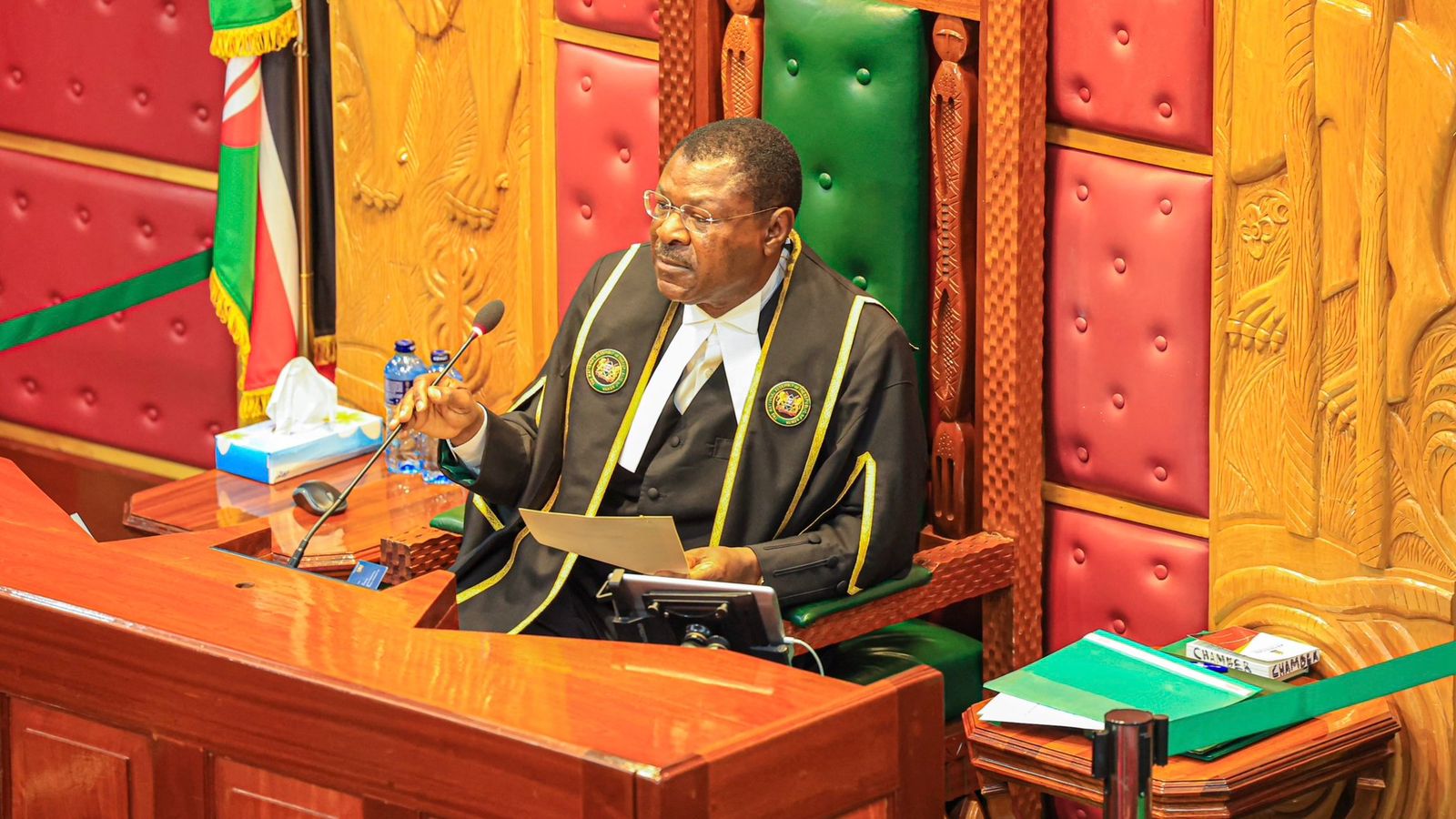In our segment of the Kenya Women Series, we feature, Nerima Wako. She is the Executive Director at Siasa Place, an organisation she founded in 2015 to create an enabling environment for youth to understand and engage in politics.
Its mission is to inform and engage in how politics directly affects our communities and society through practical and relatable communications.
Nerima Wako is the third born in a family of four, married and with one child. She is a new mother. I am looking forward to seeing my nephew. “I am a middle child and a very stereotypical one. I love stories, so whether it's watching movies, reading books, or writing,” added Nerima.
Briefly talk to us about your career journey, and highlight what you consider to be your major career achievements and events around them?
I did not plan to start an organisation. As a matter of fact, I was working at a place that I enjoyed. But I noticed a gap that existed. My program was focused on young people in this international organisation, but I hardly engaged with youth-led groups. I wanted a more practical engagement.
Read More
So I started my organisation. Naturally, it was a very slow start. I was mixing consultancy work so that I could make some money and balancing with starting an initiative. I was broke and tired most of the time. I would get home very late in the night late because I would work from 7 am to 3 pm and then focus on my organisation from 4 pm to around 10 pm.
Sometimes, I remember working as late as midnight. This happened on weekends too. So I didn't have much of a social life when I returned to Kenya to start this initiative. Finally, a breakthrough happened. I received my first cheque from a donor who wanted to invest in my organisation. I received Ksh. 250,000 (£1,6450)
We conducted an event for the client, and most of the money went towards the event. People who volunteered on that day got Ksh.2000 as a transport token. I remember taking a picture of the cheque for future reference. I was so happy that someone else saw what I saw. It made me believe that I was headed in the right direction.
As we do this interview, my organisation has made several achievements. In counties like Busia and Kericho, there are real-life stories of how teaching youth on public participation has led to solving community issues such as access to safe drinking water, accessible market space, youth employment, and more.
As Siasa Place, we also led in the protest against a presidential appointment. He nominated an individual to lead the National Employment Authority Board, yet we all knew they were not qualified. We took the matter to court, and we won. So the case has been featured in Kenya Law. The organisation has grown to be a voice that is recognized.
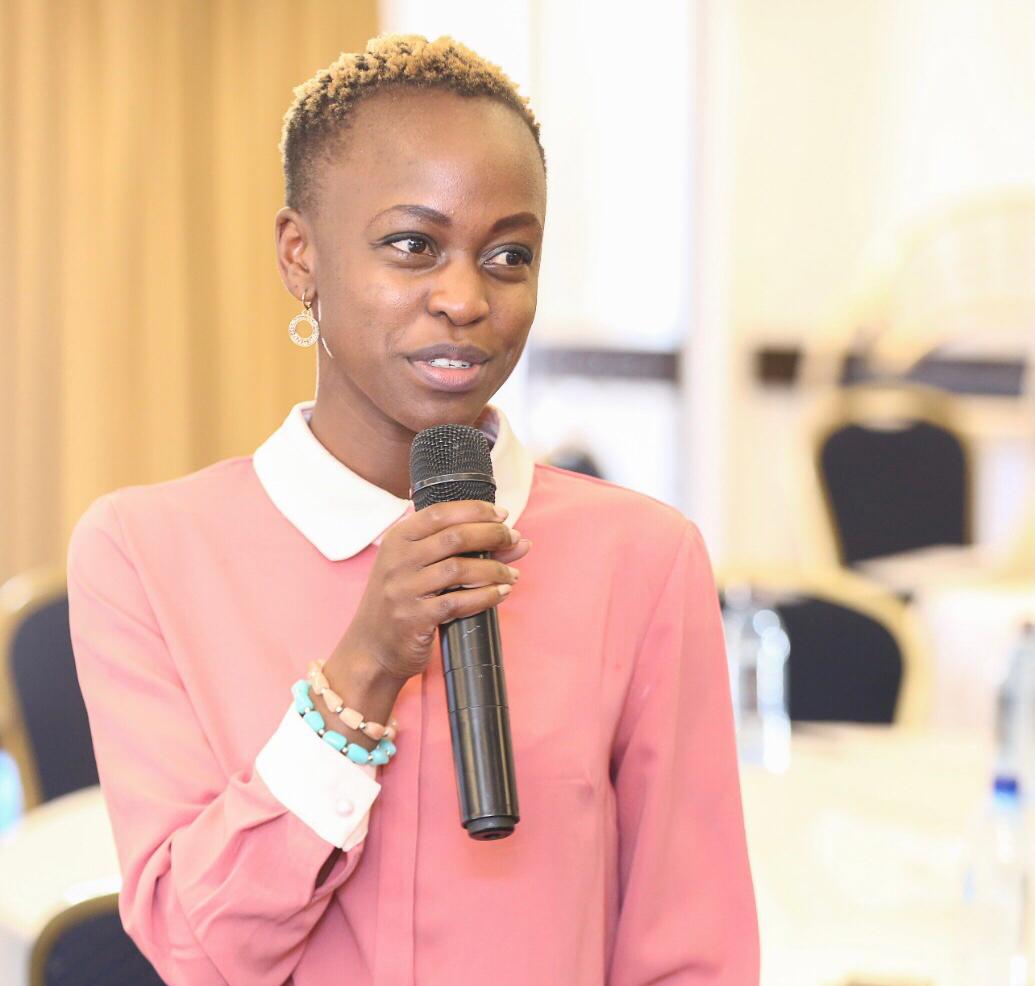
File Image of Nerima Wako
You are an Obama Leaders Fellow of 2018, talk to us about your experience, the role it played in your getting into politics and governance?
It was a great honour to be selected to be in that space; great young minds surrounded me. It was eye-opening to learn the fantastic things that young people were doing in their countries. The networks built have opened opportunities for me. I also met young politicians who were currently serving their terms, and I realised they had challenges very similar to issues in our country.
But the biggest lesson for me was abundance. We had access to plenty of material. I had never attended a workshop that had limitless material. This was about a lesson on taking as much as you felt you needed. We are so used to getting, for instance, one pen and one notebook at a workshop. Here we were allowed to take as many as we wanted, for friends and family too.
And yes we took as much as we wanted. Here is the lesson. A lot of people enter politics to grab. Get as much as they can as quickly as they can. But here I was taught there is enough for everyone. If only we lived that way, we know when to say, this is enough, our politics would be so different. And we would never look at politics as the only avenue to loot and gather wealth.
You invest your time in Future Africa Leaders, and often you offer mentorship to young emerging leaders. Tell us about your experience as a mentor and the difference you have made, as well as the platforms you serve or offer mentorship.
It is difficult to be a mentor like me because I take it seriously. I believe in living the advice that I give. I can't preach water and drink wine. When you are a mentor, you have people looking up to you and seeking your advice. So I give it my all. And that has allowed me to see different sides of a person, the pieces that make one a complete human.
In many instances, people want to be my mentees because they see my organisation's success, but they rarely see my struggles at homefront or even with my education. Basically, we all have downfalls, and it's just fine. No one is perfect. As a mentor, I have allowed myself to be vulnerable and sometimes to say, I don't know, but I am happy to try.
Sometimes we may focus on the work that we need to do…. but our lives are also personal. If you are unhappy at home, it can affect your job. They are intertwined, so I try to teach that with the people that I mentor. To help them see all the various aspects of what makes us human.
As the Executive Director of Siasa Place, you lead this political hub for women and youth to learn about governance, the Constitution, and electoral processes. Talk to us about your vision for Siasa Place; the organisation, some of the programs you run, and why your focus is specifically on women and youth?
My vision for Siasa Place is for it to be a place that channels out young people who understand the Constitution and processes of participation. Active youth who want the better for our country. So I see Siasa Place growing to be an institution that teaches these things and grows to be a centre for policy analysts and governance experts.
Yes, we have a program that is specific to women, it's called Women at Web. This program is informed by the fact that many if not most women experienced bullying online. Many choose to leave the platform or limit how much they engage because they find it toxic, but this could also be limiting hence barring them from so many opportunities.
Think about women politicians, for instance. They use social media for campaigns and voter engagement. But when they experience bullying online, they shy off and leave the platforms. Some of them miss out because they do not how these platforms work.
We also have two programs (Siasa Talk and Zivik) whose goal is to encourage youth participation.
We engage youth in community approaches and encourage them to find solutions to community issues while being proactive in holding the county leadership accountable. We are big on youth participation and inclusion.
Every Wednesday, we conduct #TweetChat discussing current national matters. Please look out for updates on the same from our Twitter handle @SiasaPlace.
You work with youth and women, what are some common mistakes they make regarding governance and participation in political and decision-making processes in Kenya? Do they regret these mistakes, and if yes, how can they avert them?
Majority lack patience. Be patient. This journey is gruelling, tiring, and slow. These things take time, and some start with so much energy, but they get burn out. I ask people to identify what their signs of fatigue are and take the most needed break. At a personal level, I am a work in progress. Last year, we had the whole organisation on compulsory leave because I realised that people were overworking.
They do not save for rainy days. In the beginning, politics tends to be slow. We have to pace our lives and work. And this also requires us to be good with money. Start saving early for the long haul so that you have fuel to push you through. Politics can drain one financially so plan to have safety nets. Even as early as 18 years make savings a real business.
What more can young people do individually and collectively in governance and leadership if there is going to be a continuous change and impact?
Lately, we have youth getting appointed to sit on boards. This is a significant milestone that should be celebrated. Previously, most boards had no youth representation. We are glad that we have now submitted recommendations to the government on specific policies that touch on youth. We are keen to follow on their implementation. So youth must be on the lookout for these opportunities.
We have come a long way, and now we have a youth consortium calling on the youth to serve in Kenyan organisations. This is great because we can come together under a particular cause and advocate around issues.
As we wind up this interview, how do you describe your leadership style, and how do others describe you?
I describe it as participatory. I like to hear people's opinions before I make a serious decision. And I think everyone's opinion is valid, from the intern to managers in my company. I like hearing new ideas. They excite me. Other people will tell you I am very particular; I pay attention to detail.
Yes, many described her as hardworking and meticulous. “Yes, I am. So, anyone who joins my team or organisation, they have to keep up. I only have space for hardworking people.”
This makes us curious, so we ask,
If you were to choose two most important values to you that you live by and that shape the way you work, live, and run your organisation; what would they be and why?
Integrity and Continuous Learning
Integrity is so important; it goes a long way. Especially in a space filled with lies and deception, like the society we live in. That's what makes us stand out. Integrity is a big aspect of people's characters that I look out for and something that I practice at a personal level.
Continuous learning. I enjoy reading up on things happening around the world when it comes to governance. I like being aware and informed. I like to see people going far and beyond.
And so, one final question and it is a wrap.
If you had a chance to create a totally new world of work for young people, what would you wish for in their new world?
Flexibility. We are sometimes stuck on doing things the same way or going to the office from 9 am to 5 pm. I rather have someone get the job done and done well early than pretend to be working just to pass the time. Give young people the freedom to choose.
Stability for our country. We need to grow a new crop of young people concerned about good governance. A generation that loves and cares for our country; Kenya. We can't grow a business in an unstable country. Let's all make it our duty to make our country stable.
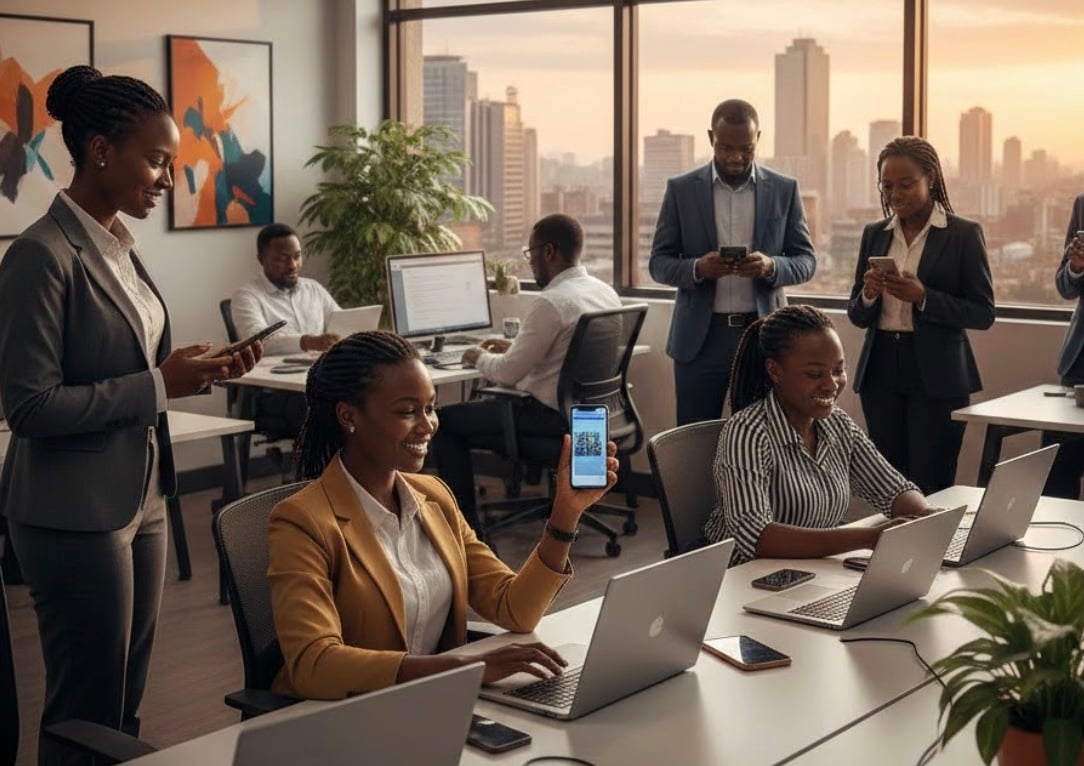
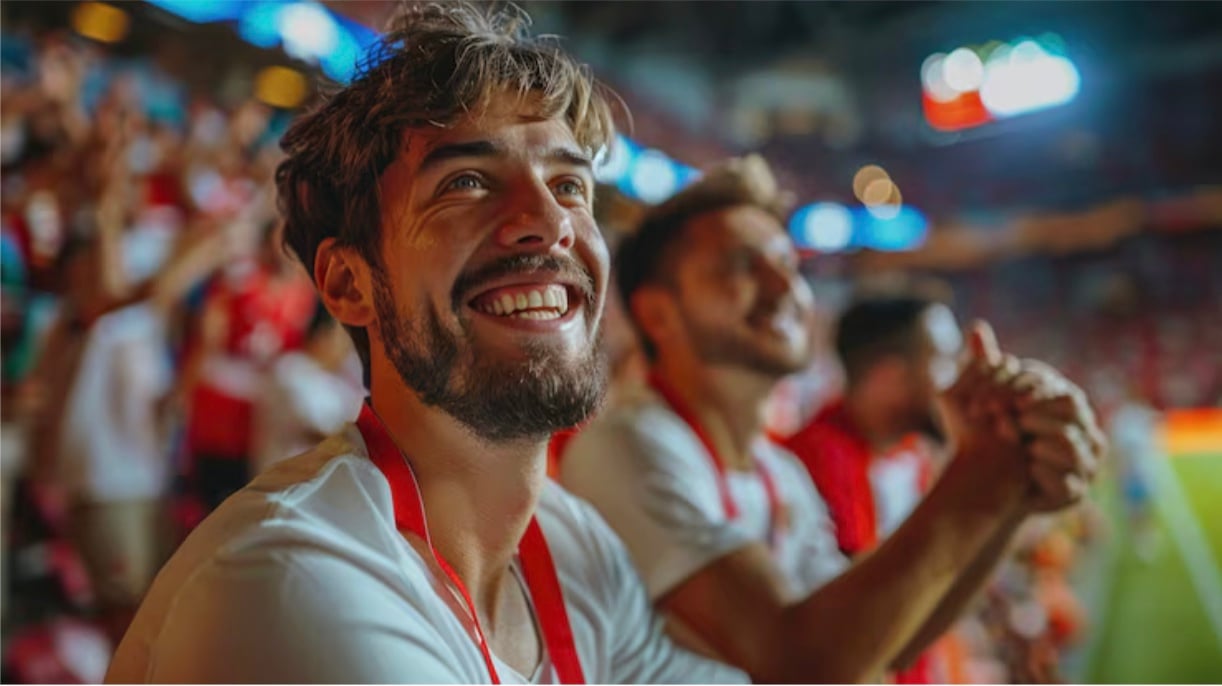
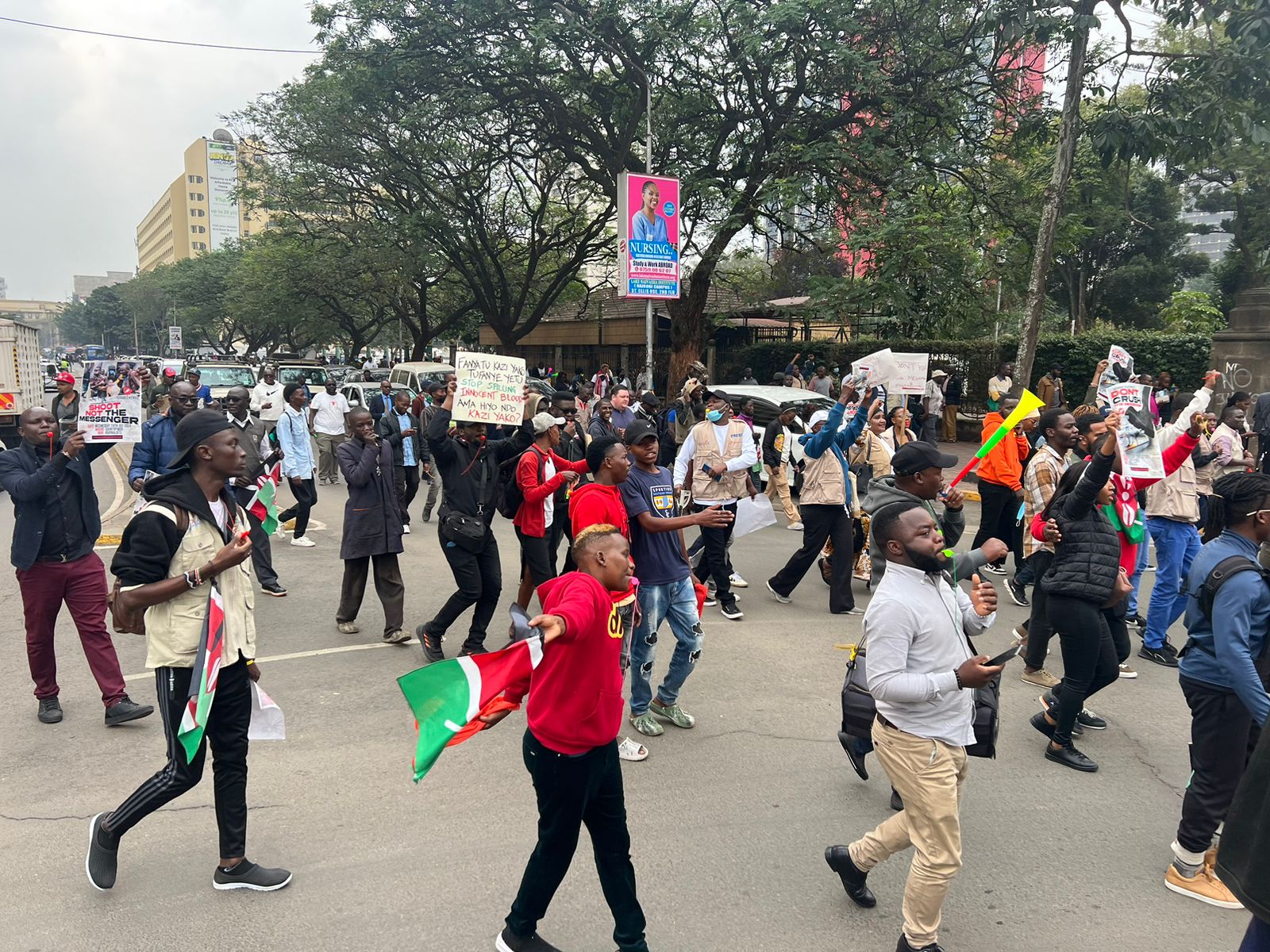
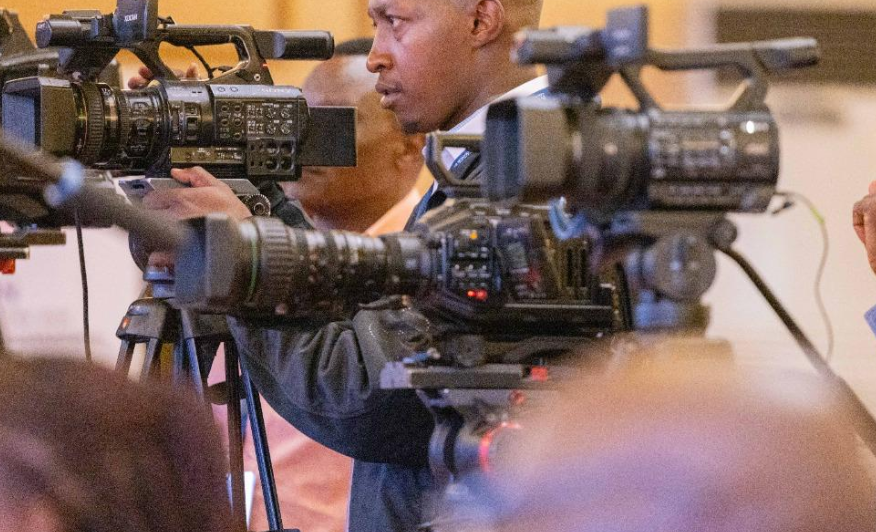
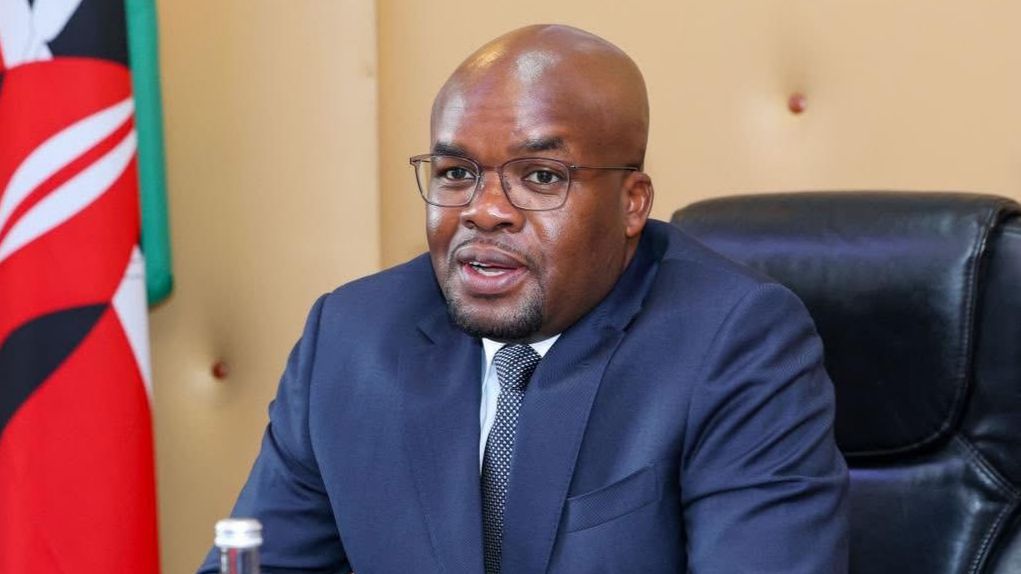
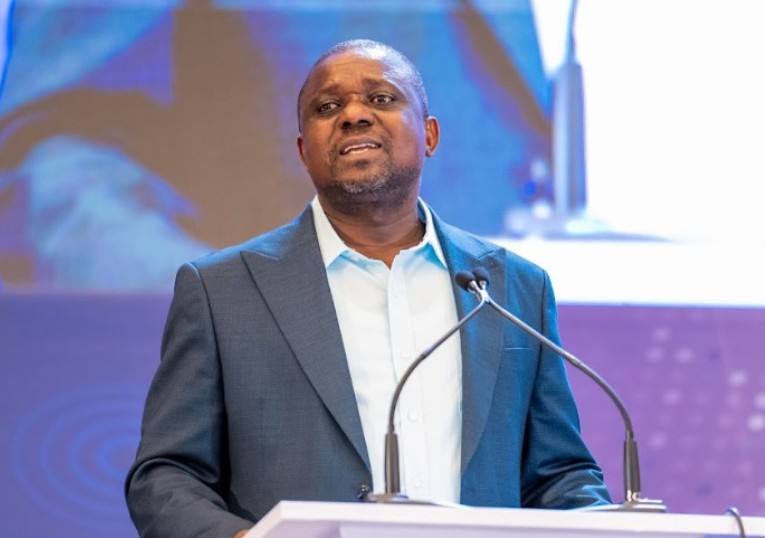
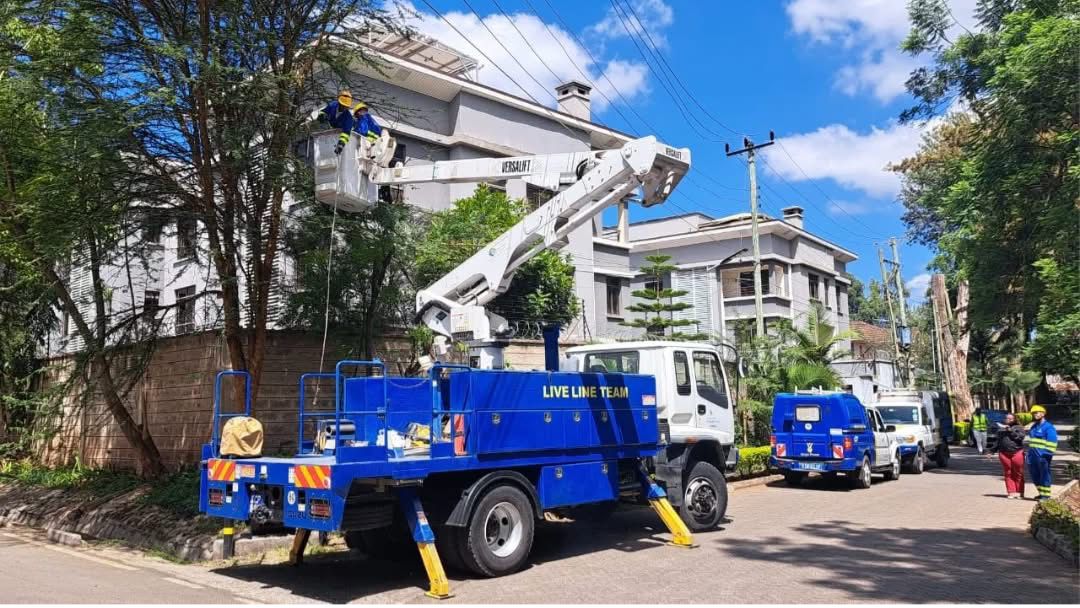
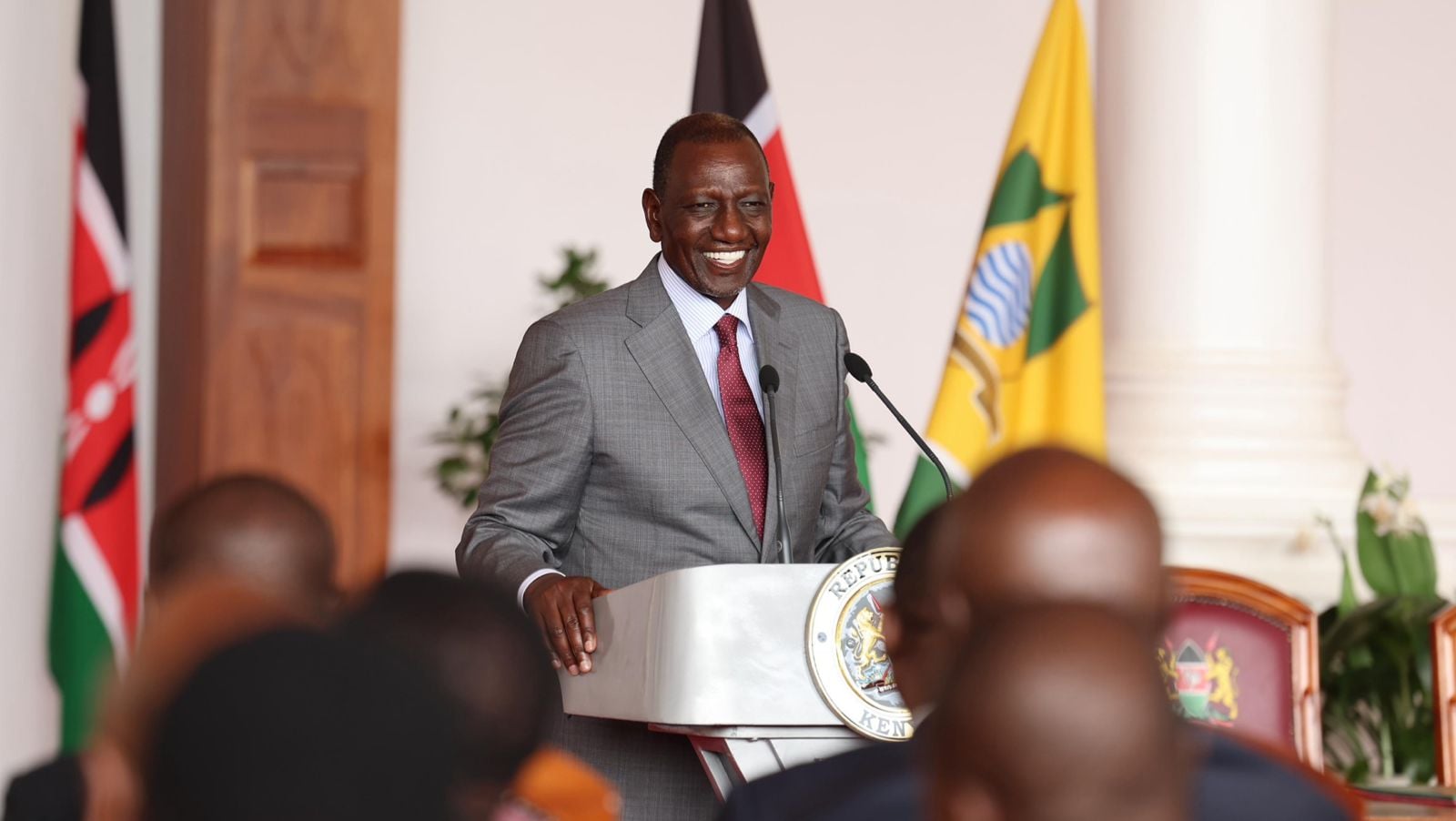
-1770784420.png)
